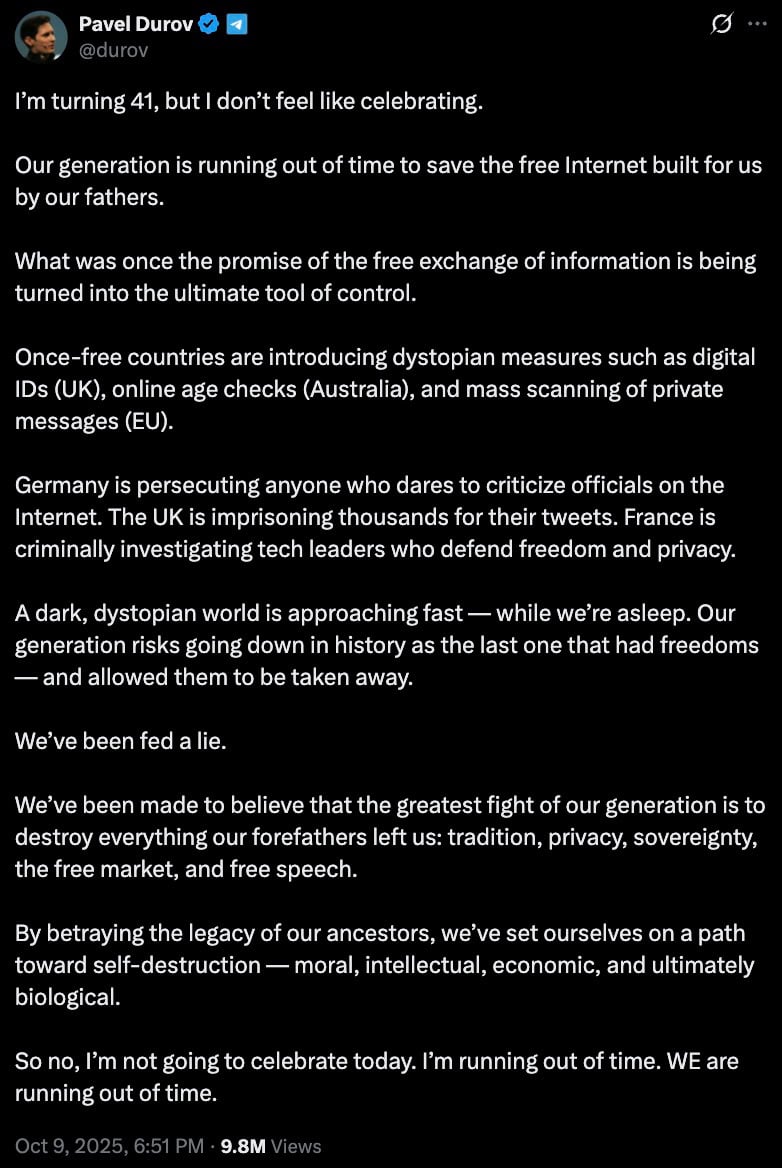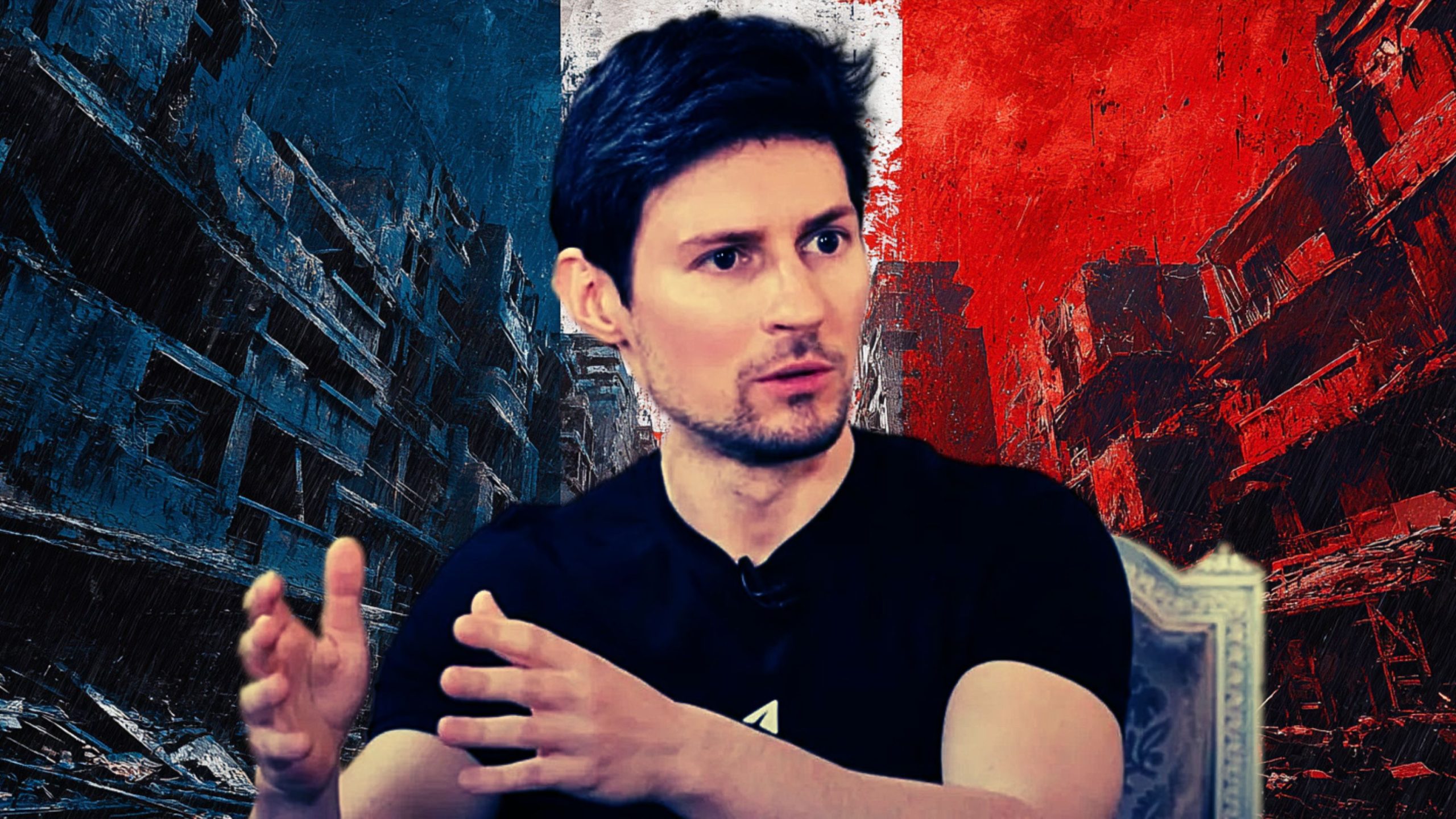French authorities have lifted the travel ban that had confined Telegram founder Pavel Durov to France for more than a year.
The restriction, imposed after his arrest in Paris last August, had prevented him from leaving the country while prosecutors pursued charges tied not to his own actions but to what users on his platform were allegedly doing.
The order, signed on Monday, and reported by Bloomberg, also cancels the obligation for Durov to report regularly to a local police station.
The decision restores his freedom of movement, though the investigation into Telegram itself continues.
Prosecutors have not clarified why the head of a communications service is being held legally responsible for user activity, an approach that raises questions about how far governments are willing to go in policing online speech.
According to France’s Prosecutor’s Office, Durov faces preliminary charges for “facilitating a platform that enables illicit transactions.”
If convicted, he could face up to ten years in prison and a fine of roughly $550,000.
Telegram and Durov have rejected the accusations, emphasizing that the company follows European Union laws and works with authorities when required by legal process.
The French government’s decision to detain and restrict the movements of a platform founder because of user content marks a major change in how states treat digital communication.
Rather than pursuing those who commit crimes online, prosecutors are increasingly targeting those who build the tools that enable private exchange.
Durov has been outspoken about this shift.
In an interview with Le Point in June, he said, “Emmanuel Macron isn’t making the right choices. I’m very disappointed. France is getting weaker and weaker.”
He has also warned that European initiatives such as the EU’s “Chat Control” proposal would create a surveillance system disguised as child protection.
“Germany is persecuting anyone who dares to criticize officials on the Internet. The UK is imprisoning thousands for their tweets. France is criminally investigating tech leaders who defend freedom and privacy,” Durov wrote on X.

While Durov is now free to travel, the larger issue remains unresolved. His situation has become a test of whether European democracies still recognize that defending free speech means protecting not only those who speak, but also those who provide the means for them to do so.










